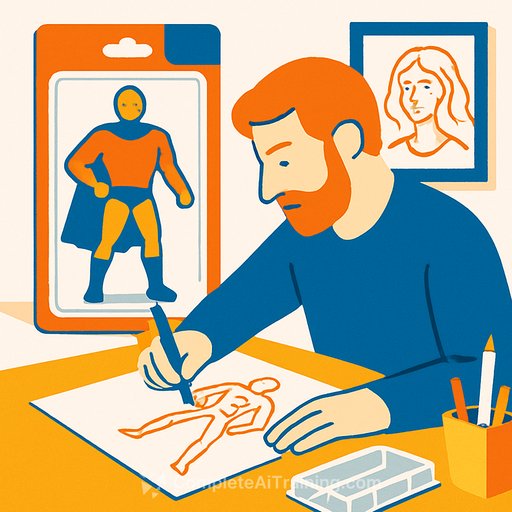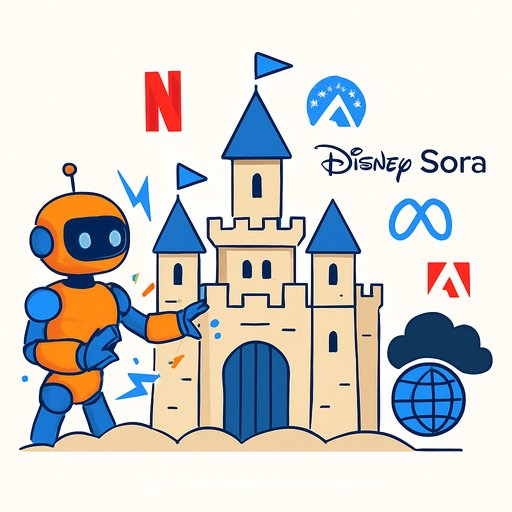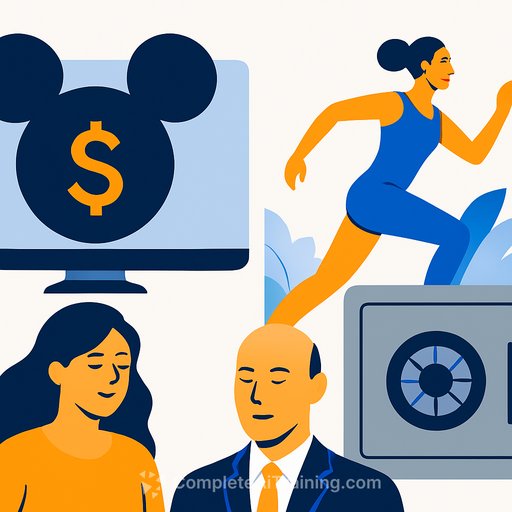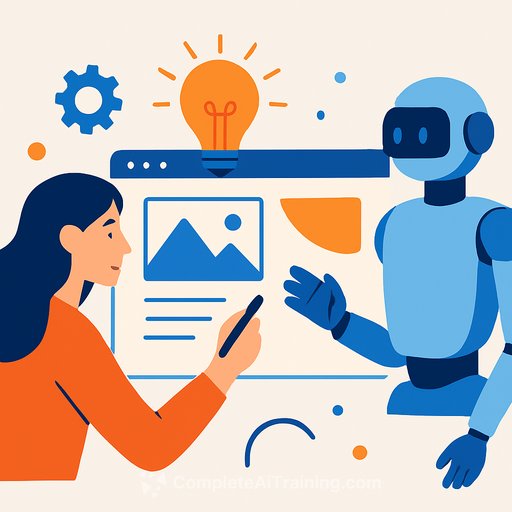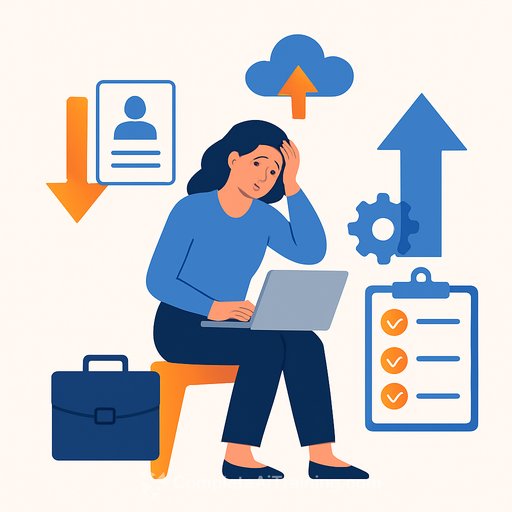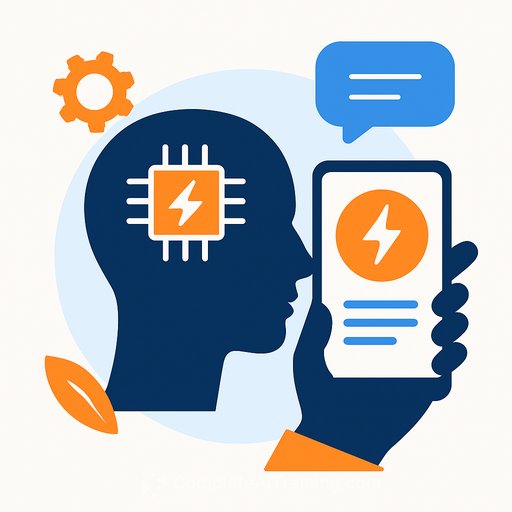AI-Generated Action Figures Flood Social Media — Artists Respond with Hand-Drawn Versions
Recently, social media was awash with AI-generated action figures. People uploaded selfies to ChatGPT, generating miniature toy images of themselves complete with personalized accessories like iced coffees, laptops, or running shoes. These images, called “starter packs,” included the subject’s name and job title, packaged like collectible dolls.
This trend is part of a broader AI meme cycle, where users quickly replicate ideas with AI tools. While fun, these bursts of AI creativity have sparked concerns about environmental impact and the undervaluing of human labor. The starter pack craze spread rapidly, drawing participation from brands and public figures alike.
Artists Push Back Against AI Content
Holly Rolfe, an illustrator and ceramicist based in England, found the trend frustrating. She observed not only large companies but also small creative businesses and graphic designers jumping on the AI bandwagon without hiring actual artists. Rolfe highlighted how paying an artist was affordable for these businesses, yet they opted for AI-generated content instead.
In response, artists like Rolfe started sharing their own hand-drawn starter packs under the hashtag #StarterPackNoAI. This movement counters the surge of AI creations with authentic, personalized artwork.
Copyright and Ethical Challenges
OpenAI, the company behind ChatGPT, faces lawsuits from news outlets, authors, and visual artists alleging copyright infringement. Despite this, OpenAI has requested regulatory changes to ease AI training on copyrighted materials, citing the need to maintain a global lead in AI development.
A company spokesperson emphasized that their image generation tools are intended to support human creativity, not replace it. Still, the ability of AI to mimic distinct artistic styles raises complex issues.
For example, last month saw an influx of AI-generated images styled after Studio Ghibli’s iconic animation. This sparked copyright concerns and revived co-founder Hayao Miyazaki’s strong criticism of AI art as "an insult to life itself." OpenAI claims it blocks generations mimicking individual living artists but allows broader studio-style creations. Studio Ghibli has not publicly commented on this.
Impact on Artists’ Livelihoods
Graphic designer Rachel Dormal from Michigan worries about artists being edged out. Clients often choose cheaper, instant AI-generated commissions over human-made art, which demands time and skill. Dormal points out that AI training data is typically undisclosed, raising ethical questions about artists’ work being used without consent.
“People don’t realize how much data is sucked up to create soulless copies of someone’s style,” Dormal said. “Some artists spend years developing unique styles only for AI to rebrand them as the ‘AI style.’”
Dormal, too, contributed a hand-drawn starter pack, labeling it “Real Human Artist.” Similarly, Kentucky digital artist April Schweiss illustrated herself with personal accessories like her cat and roller skates. Schweiss shared how AI has affected her ability to earn a living, as AI users can flood markets with hundreds of designs monthly, making it hard for traditional artists to compete.
The Value of Human-Created Art
Writer and illustrator Haley Weaver from Seattle sees why AI trends catch on quickly—they’re fast and cheap. But she finds it sad and concerning for artists who rely on their craft. Weaver has experienced her style being reposted or copied without permission and noticed AI models replicating her tone when prompted to write "in the style of @haleydrewthis."
While appreciating the cuteness of AI-generated starter packs, Weaver says the hand-drawn versions feel more meaningful. Her own pack proudly carries the label “100% AI Free!”
“Typing a few details and uploading a photo for instant gratification is tempting,” Weaver says. “But the real joy comes from creating something yourself, taking the time to make it unique. AI art often looks too similar, lacking individual style.”
What This Means for Creatives and Communicators
- AI tools offer speed and accessibility but often at the cost of originality and ethical concerns.
- Supporting human artists ensures authentic creativity and respects the labor behind unique styles.
- Brands and agencies should consider investing in custom artwork rather than defaulting to AI-generated content.
- Understanding AI’s impact on creative industries is key for effective communication strategies and responsible content creation.
For those interested in exploring AI tools thoughtfully, resources like Complete AI Training offer courses that cover AI's capabilities and responsible use.
Your membership also unlocks:

